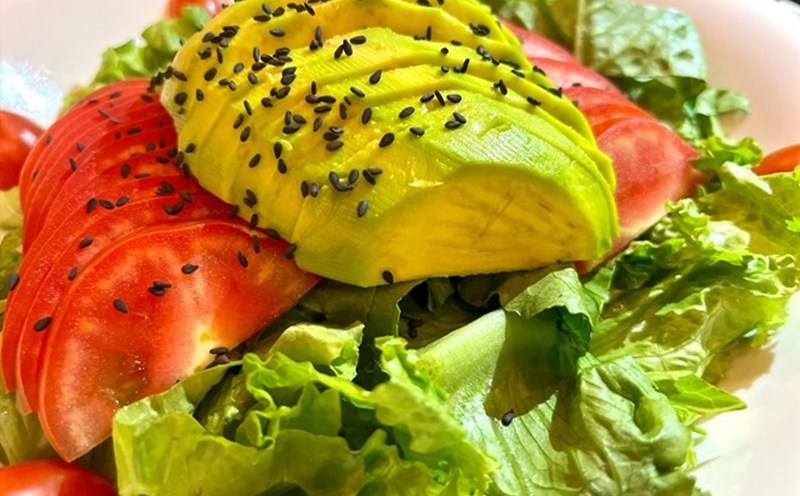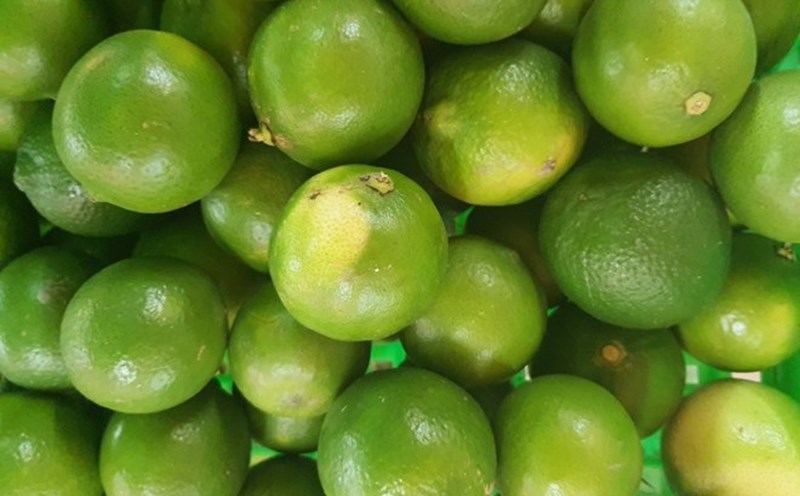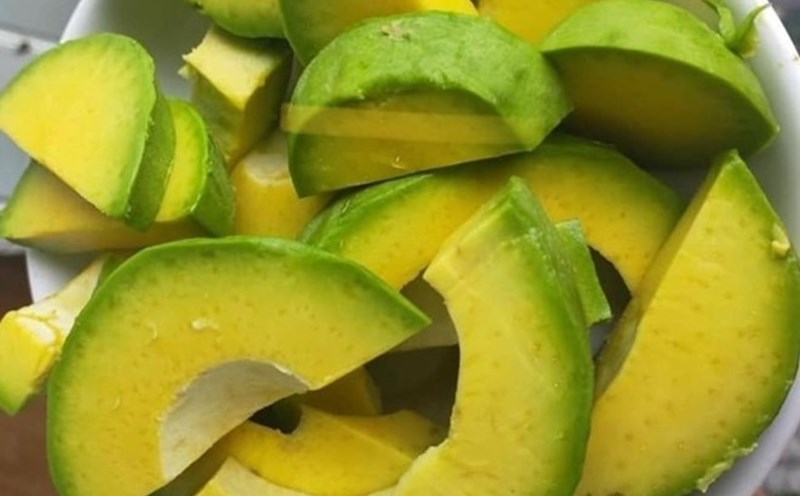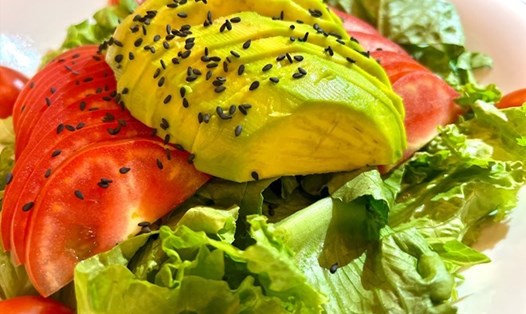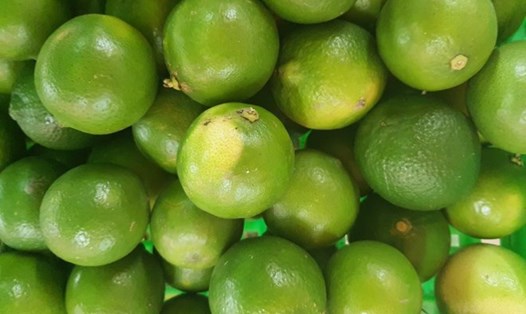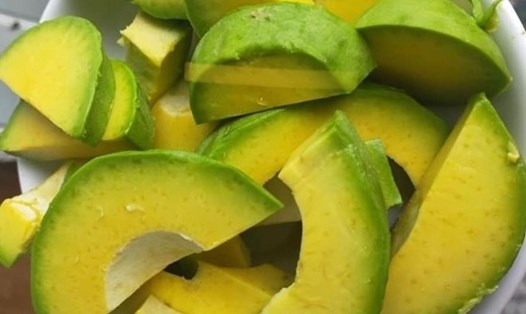Here are 5 proven effective ways to support liver recovery.
Stop or minimize alcohol and beer consumption: This is the most important and decisive measure in liver recovery. When the liver no longer has to process Pethanol, it will focus on repairing cell damage.
According to research by the Mayo Clinic, patients with alcohol-related hepatitis can recover significantly after only 6-12 months if they completely stop drinking alcohol.
If you cannot stop drinking immediately, you need to gradually reduce the frequency and amount of consumption, and receive psychological support or advice from experts if needed.
Supplement foods to support liver function: Some natural foods rich in antioxidants and liver-protective compounds can help restore liver damage caused by alcohol:
Milk thistle contains silymarin, which has been shown to protect and regenerate liver cells.
Turmeric (curcumin) helps reduce inflammation and is strongly antioxidant.
Citrus fruits, blueberries and red grapes are rich in flavonoids that help fight oxidative damage.
According to NIH (National Institutes of Health), silymarin can improve liver enzymes ALT, AST and slow down the process of cirrhosis in patients who have been using alcohol for a long time.
These foods should be included in your daily diet, prioritizing fresh, low-processed foods.
Maintain a healthy weight and increase physical activity: Being overweight and obese can aggravate fatty liver condition - even in people who do not drink alcohol. In people who drink alcohol, this factor increases the risk of progressing to cirrhosis faster.
Reducing your body weight by 5-10% can significantly improve liver function and reduce fat accumulation in the liver.
Do: Maintain gentle exercise (30 minutes/day, 5 days/week) such as brisk walking, yoga or cycling.
Supplement enough water and avoid other toxic substances: The liver needs water to filter toxins effectively. Avoiding over-the-counter drugs (such as paracetamol) is also important, as these substances can easily overload the liver.
The Global Liverpool Institute (2023) recommends that drinkers should drink at least 2-2.5 liters of water per day to maintain metabolism and detoxification.
Avoid sugary drinks, carbonated soft drinks; replace with water, herbal tea or natural coconut water.
Get enough sleep and manage stress: The liver performs the most powerful detoxification process around 1-3 am. Prolonged lack of sleep and stress will disrupt the biological cycle and inhibit the recovery of liver cells.
Poor sleep is associated with increased liver enzymes and reduced liver regeneration.
You should sleep 7-8 hours a night, avoid using electronic devices before bed, and practice relaxation with meditation or deep breathing.

